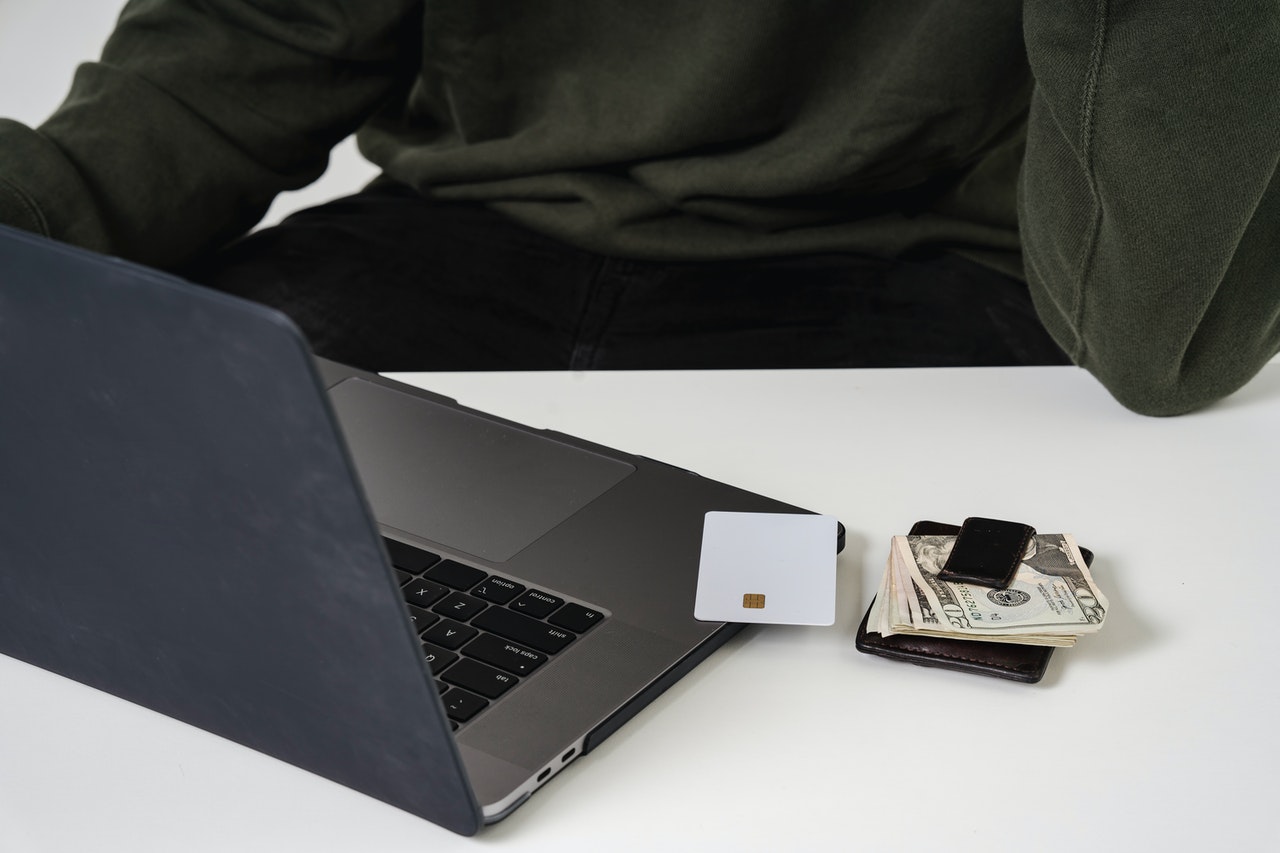4 Simple Steps To Get Out Of Debt – And Stay Out
Ways to get out of debt and create a financially secure future
Step One: Plan for the Unexpected Big Time Bill
The first step arises from debt from a one-time large expense – something that is too large to be paid for with your monthly paycheck, or by saving for a few months.
Many of these debts are investments in either an asset that will appreciate over time or an income stream that will be greater over time. The most common example is the purchase of a home. Very few people are able to save enough money to purchase their home outright or pay for their entire home out of a few paychecks. We use a mortgage to pay for the home after-the-fact and to enjoy homeownership in the meanwhile. Another example is an investment in education. Many people cannot afford to pay for college tuition outright – so we take out loans, planning that our future income stream will enable us to be able to afford to pay for the education after-the-fact.
The more insidious type of one-time large expense is the expense that is not an investment. The emergency, unexpected, unplanned-for bill – extreme medical bills, disability, failure of a business, a lawsuit judgment, or long-time unemployment. These bills can put a family under – forcing them to either sell assets, move out of their home, or declare bankruptcy because they will never be able to pay off the debt with their income.
One way to combat this danger is to set aside three to six months of your living expenses in a special savings account – an Emergency Fund — to be used for the emergency, unexpected expense. This money is sacred, only for a family emergency. The Emergency Fund will save your family from potential tragedy and help you create a secure future.
Action Step #1: Open a special savings account to be your Emergency Fund. Set aside money each paycheck or month to fund this account.
Step Two: Think Out of the Budget Box
Instead of worrying about budgets, this step is the flip side of cash flow problems – income.
We know when we have a debt problem. We may stop opening bills, stop answering the phone. We may even try to create budgets, reduce our expenses, cancel cable, live at the basic minimum, to try to stop the bleeding.
But sometimes, overspending is not the problem. It is underearning.
You may just not earn enough to afford to live your life. I’m not talking about living an extravagant lifestyle, or even a “nice” lifestyle – but the basic necessities of life – housing, automobile, phone, insurance, groceries, gas, clothing – may add up to too much, given your income. These are especially common inexpensive places to live, like Silicon Valley.
The first step in dealing with this problem is to stop feeling guilty. You are not a bad person, who spends irresponsibly. You are someone who needs to acknowledge that you need, want, and deserve more income.
Instead of being frozen in guilt, start to take action on creating more income. You may not need to do something radical – you may just need to ramp up what you are already doing or look for hidden treasure already in your life.
Put together a proposal for your boss, to describe how the company would be better if you got a raise. Create a new information product to generate passive income for your business. Search your basement for items you can auction on e-bay. Teach a class on scrapbooking, or changing the oil in your car. Have a garage sale to generate some quick cash, and reduce the clutter in your life.
Whatever you do, the important idea is to start implementing your goal to get out of debt today.
Action Step #2: Brainstorm 5 ways you will earn more income now – such as – ask for a raise, look for a new job, start a small business, sell a new product, auction old items on e-bay, rent out a room, teach a skill, or have a garage sale.
Step Three: Planning for the Big Stuff
This step is about the debts that sneak upon us. You may be able to pay for your bills and regular expenses each month — but what happens if the car breaks down? Does the property tax bill arrive? Your quarterly’s are due? Christmas? Baby announcement? Does the wedding invite? The family or high school reunion? The big family vacation you all deserve?
Are you able to pay for those non-monthly expenses out of your paycheck or your small business profits? Or, do those items go on a credit card?
Automobile repair, gifts, taxes, and travel are all examples of expenses that are non-monthly but are expected. We know they are coming, but not necessarily when, or how much. These expenses should not be going on a credit card – you should save for them ahead of time, so you do not pay a bank 10-20+% a year for the privilege of paying for your expenses after-the-fact.
Go through your bills, receipts, and cards for the last year, or the last few years, and figure out how much you spend on each of these categories each year, on average. If you don’t have those records, make a realistic estimate. Divide that annual amount by 12. That’s how much you should set aside each month for your irregular expenses.
Action Step #3: Open special savings account for at least one non-regular expense: either auto repairs, taxes, travel, or gifts. Save a fixed amount each month in that savings account, so when bills are due, you already have the money!
Step Four: Plug The Holes to Get Out of Debt
Step four is about how to prevent your family from going into debt, by planning for your expenses ahead of time. In this step, we come to the most insidious problem, and the most difficult to conquer – overspending.
Do you know where your money goes each month? How much are all of your bills? How much are you spending on Dining Out? Drinks Out? Gas? Target & Costco? Clothes? Personal care (i.e., massage, pedicures)? Recreation – movies, golf, Netflix? Toys (both for the kids and for yourselves)? Do you really know?
Do you spend your money in accordance with your values and priorities? Are there one, or more areas, where you are spending money not because you particularly need, or even enjoy, that product or service – but because you are not paying attention, or because you are compensating for another problem in your life by habitually spending money in that area?
Commonly, we see this in clothes, toys for kids, recreation, high-tech gadgets, and dining out – easy for relatively small expenditures, made each day or week, to add up to hundreds, if not thousands, of dollars each month. Spending without thinking will derail you from ever being able to achieve your most important life goals. Especially if you are spending more than your income, month after month.
Instead of being frozen in guilt, do something about it. Look over your habits for the last few months, and pick the most obvious problem area, where you “go” when you are stressed, bored, or unhappy. Do you buy CDs? Shop online? Get a new pair of shoes? Start in one category, and create good habits and rules for yourself in that area – then carry those personal rules over to the rest of your expenses.
Action Step #4: Create a Cash-Only account for your problem category. Withdraw your budgeted monthly amount in cash on the first day of the month, and place the cash in an envelope – when the envelope is empty, you’re done!




